★ TRY STRATEGY HERE ➤ forex
One of the unique aspects of this international market is the absence of a Central foreign exchange market. Most likely, currency trading is conducted electronically over the counter (OTC), which means that all transactions occur through computer networks between traders around the world, rather than on one centralized exchange. The market is open 24 hours a day, five and a half days a week, and currencies are traded around the world in major financial centers in London, new York, Tokyo, Zurich, Frankfurt, Hong Kong, Singapore, Paris and Sydney-in almost every time zone. This means that when the trading day in the U.S. ends, the Forex market begins anew in Tokyo and Hong Kong. Thus, the Forex market can be extremely active at any time of the day, with price quotes constantly changing.
Brief history of the Forex market
Unlike stock markets, which can trace their roots back centuries, the Forex market, as we understand it today, is a truly new market. Of course, in the most basic sense—when people convert one currency into another for financial gain—Forex has been around since countries started minting currencies. But modern Forex markets are a modern invention. After the conclusion of the Bretton woods agreement in 1971, larger currencies were allowed to float freely against each other. The values of individual currencies are different, which has led to the need for currency services and trade.
Commercial and investment banks conduct most Forex trading on behalf of their clients, but there are also speculative opportunities to trade one currency against another for professional and individual investors.
Spot market and the forwards and futures markets
In fact, there are three ways that institutions, corporations, and individuals trade in the Forex market: the spot market, the forward market, and the futures market. Spot Forex trading has always been the largest market because it is the "underlying" real asset on which the forward and futures markets are based. In the past, the futures market was the most popular place for traders because it was available to individual investors for a longer period of time. However, with the advent of e-Commerce and numerous Forex brokers, the spot market has seen a huge surge in activity and now surpasses the futures market as the preferred trading market for individual investors and speculators. When people refer to the Forex market, they usually mean the spot market. Forward and futures markets tend to be more popular among companies that need to hedge their currency risks until a certain date in the future.
One of the unique aspects of this international market is the absence of a Central foreign exchange market. Most likely, currency trading is conducted electronically over the counter (OTC), which means that all transactions occur through computer networks between traders around the world, rather than on one centralized exchange. The market is open 24 hours a day, five and a half days a week, and currencies are traded around the world in major financial centers in London, new York, Tokyo, Zurich, Frankfurt, Hong Kong, Singapore, Paris and Sydney-in almost every time zone. This means that when the trading day in the U.S. ends, the Forex market begins anew in Tokyo and Hong Kong. Thus, the Forex market can be extremely active at any time of the day, with price quotes constantly changing.
Brief history of the Forex market
Unlike stock markets, which can trace their roots back centuries, the Forex market, as we understand it today, is a truly new market. Of course, in the most basic sense—when people convert one currency into another for financial gain—Forex has been around since countries started minting currencies. But modern Forex markets are a modern invention. After the conclusion of the Bretton woods agreement in 1971, larger currencies were allowed to float freely against each other. The values of individual currencies are different, which has led to the need for currency services and trade.
Commercial and investment banks conduct most Forex trading on behalf of their clients, but there are also speculative opportunities to trade one currency against another for professional and individual investors.
Spot market and the forwards and futures markets
In fact, there are three ways that institutions, corporations, and individuals trade in the Forex market: the spot market, the forward market, and the futures market. Spot Forex trading has always been the largest market because it is the "underlying" real asset on which the forward and futures markets are based. In the past, the futures market was the most popular place for traders because it was available to individual investors for a longer period of time. However, with the advent of e-Commerce and numerous Forex brokers, the spot market has seen a huge surge in activity and now surpasses the futures market as the preferred trading market for individual investors and speculators. When people refer to the Forex market, they usually mean the spot market. Forward and futures markets tend to be more popular among companies that need to hedge their currency risks until a certain date in the future.
- Категория
- Форекс и Брокеры
- Теги

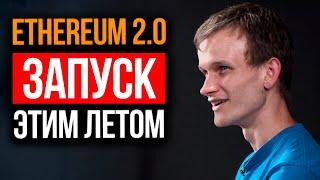
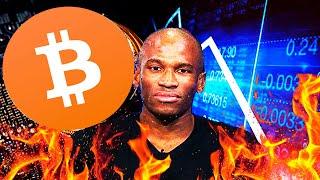
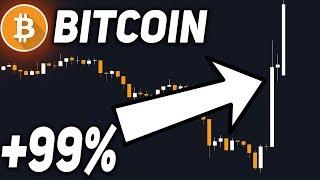

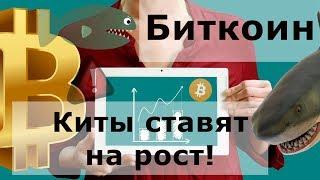
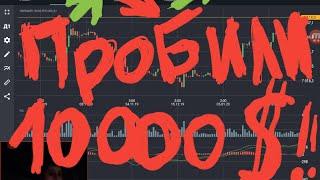
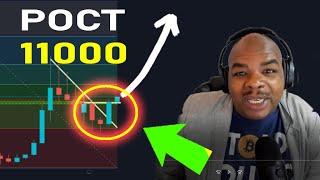
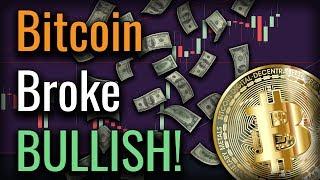
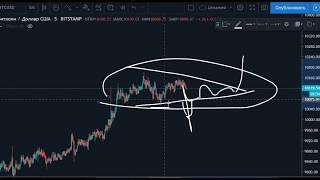
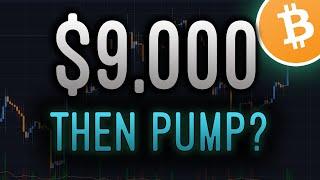
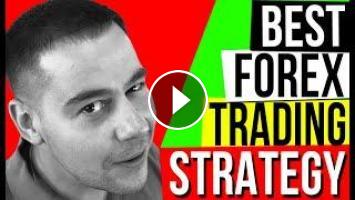
Комментарии